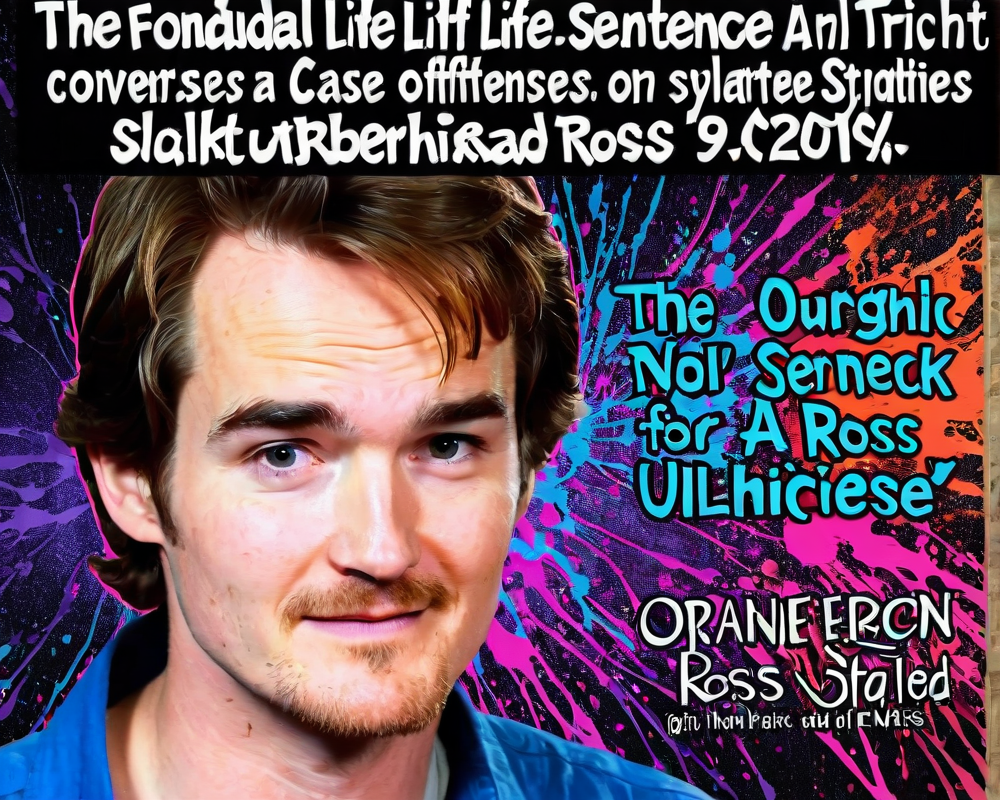Judicial Commentary: The Silk Road Dilemma
The sentence handed to Ross Ulbricht, the notorious creator of the Silk Road, jolted the world awake. For a first-time offender caught in the web of non-violent crimes, a life sentence raised more eyebrows than a surprise plot twist in your favorite thriller. Judge Katherine Forrest, the mastermind behind the sentence, wasn’t just handing out numbers; she was making a statement.
Social Fabric vs. Social Market
Judge Forrest didn’t mince her words. To her, the Silk Road was no mere marketplace. It was a “social market expander” for drugs deemed socially destructive. Essentially, Forrest painted Ulbricht as a modern-day villain whose online shenanigans posed a severe threat to society. In her view, facilitating drug sales online was akin to launching an all-you-can-eat buffet for substances deemed harmful. As Forrest put it, “What you did in connection with Silk Road was terribly destructive to our social fabric.” Now, that’s quite a needle you’re threading there.
The American Prison Population: A Challenge on Multiple Fronts
In the U.S., if you’re not familiar with the prison population dynamics, you must be living under a rock—or perhaps hidden in the depths of the dark web. The U.S. has about 2 million inmates, representing 25% of the world’s incarcerated population. This dramatic rise can largely be traced back to the infamous Rockefeller Laws and the ongoing “War on Drugs,” which could almost be termed a Shakespearean tragedy in its own right. When did we decide that locking people up indefinitely was the best strategy?
Life Sentences for Non-Violent Crimes: Breaking Down the Numbers
In Ulbricht’s case, pairing a life sentence with fines reaching nearly $184 million for non-violent drug crimes seemed less like a punishment and more like a cautionary tale. With additional concurrent counts for computer hacking and conspiracy to traffic fraudulent documents, the sentence seemed a tad excessive, even for a law-abiding citizen. Who knew operating a website could carry such weighty repercussions?
Reflections from the Defendant
When it came down to his final words, Ulbricht showcased emotions from every end of the spectrum. Acknowledging his past endeavors, he broke down into tears, aligning with what anyone with a conscience might feel after facing down the gavel of justice. His reflection on the law was profound: “Gravity doesn’t care if you agree with it.” So, if you thought jumping off a cliff was a personal choice, think again. Your choice might land you within the prison walls, and eventually, the gravity of the law will catch up with you.
Pop Culture Perspectives: A Film and a Podcast
This case not only stirred up legal discussions but also caught the attention of filmmakers like Alex Winter, who argued that Ulbricht’s defense was straitjacketed in court. He highlighted moments where the defense’s attempts to dissect the complexities of Bitcoin were swiftly brushed aside by Judge Forrest, making one wonder: was it more about justice or theatrics? On a similar note, President Obama brought national attention to the topic of non-violent sentencing during a historic prison visit, questioning the justice system’s priorities. “Is it really appropriate for someone who is engaged in a serious, but non-violent, drug offense, to get more time than a rapist?” The question lingers, and it’s a conversation we can’t afford to omit.


